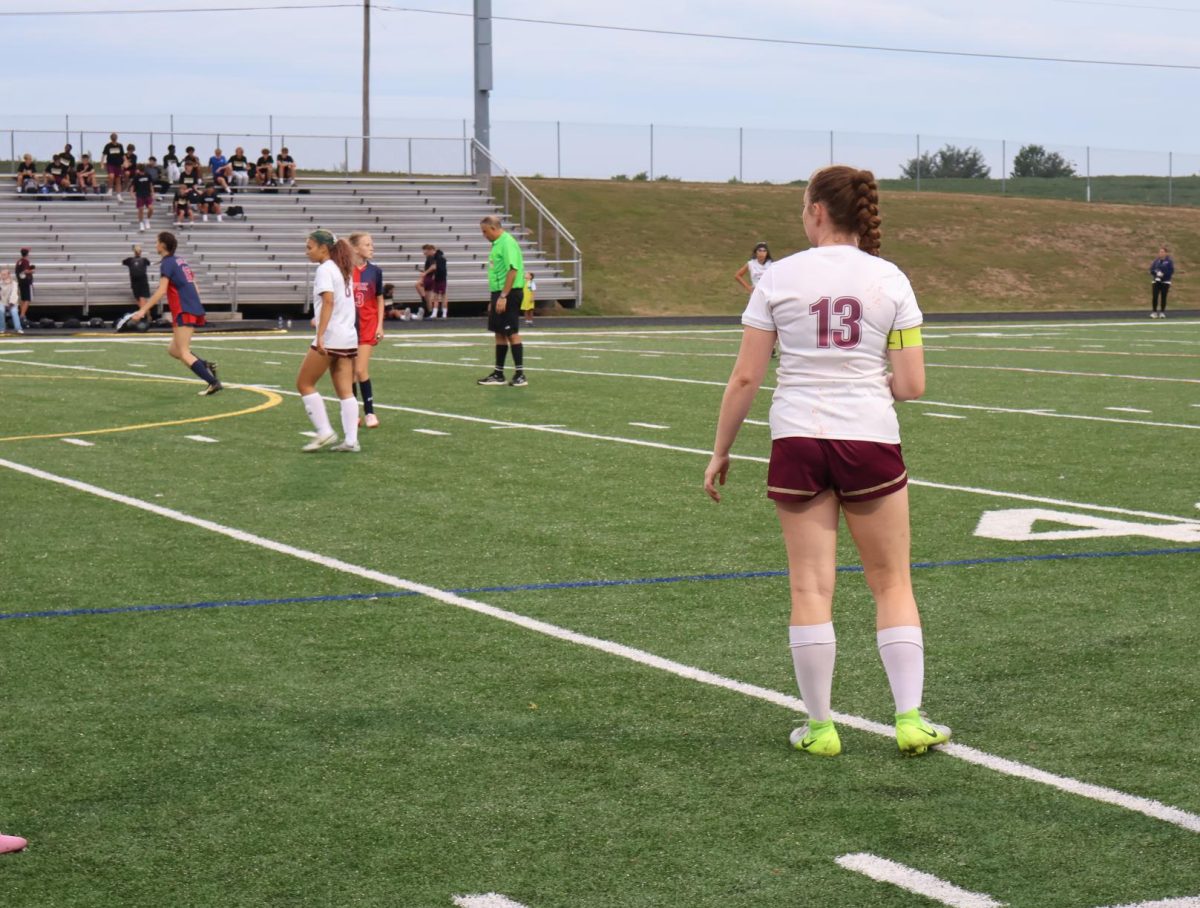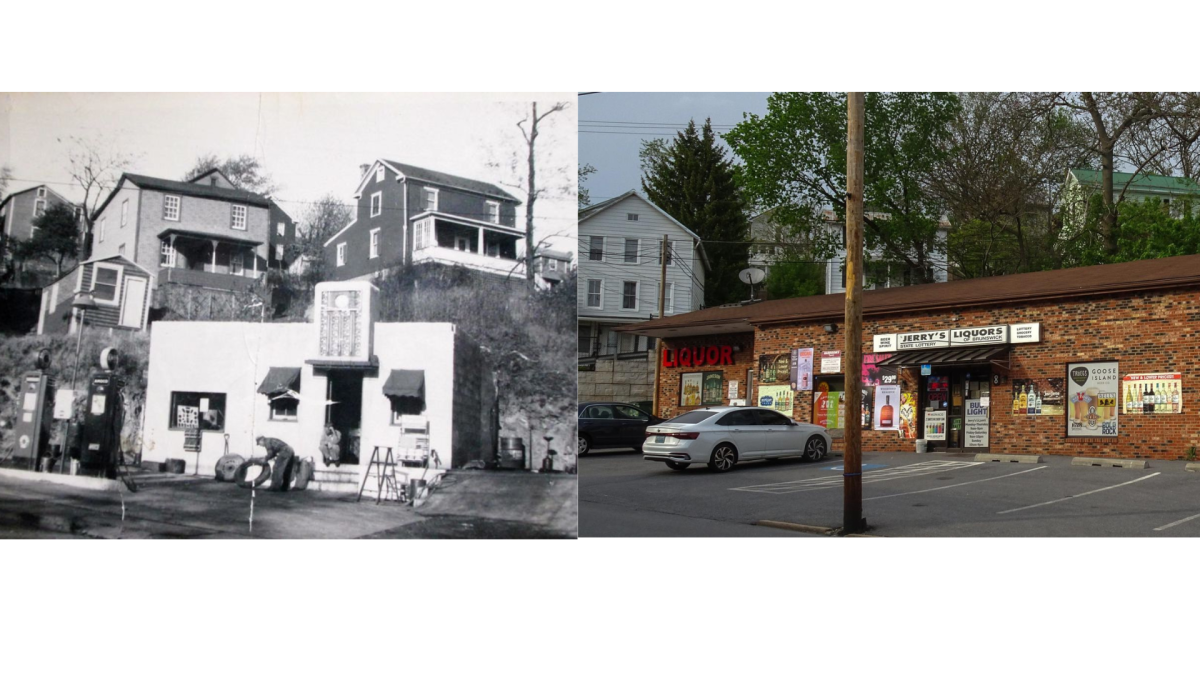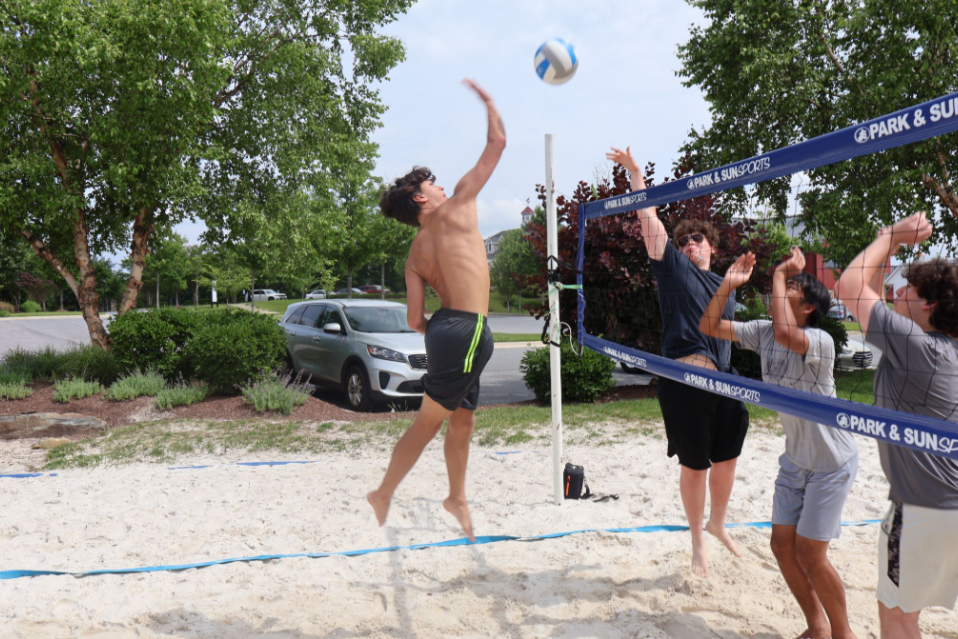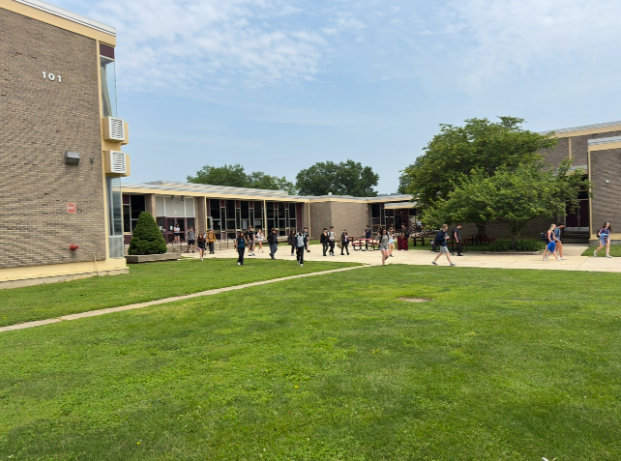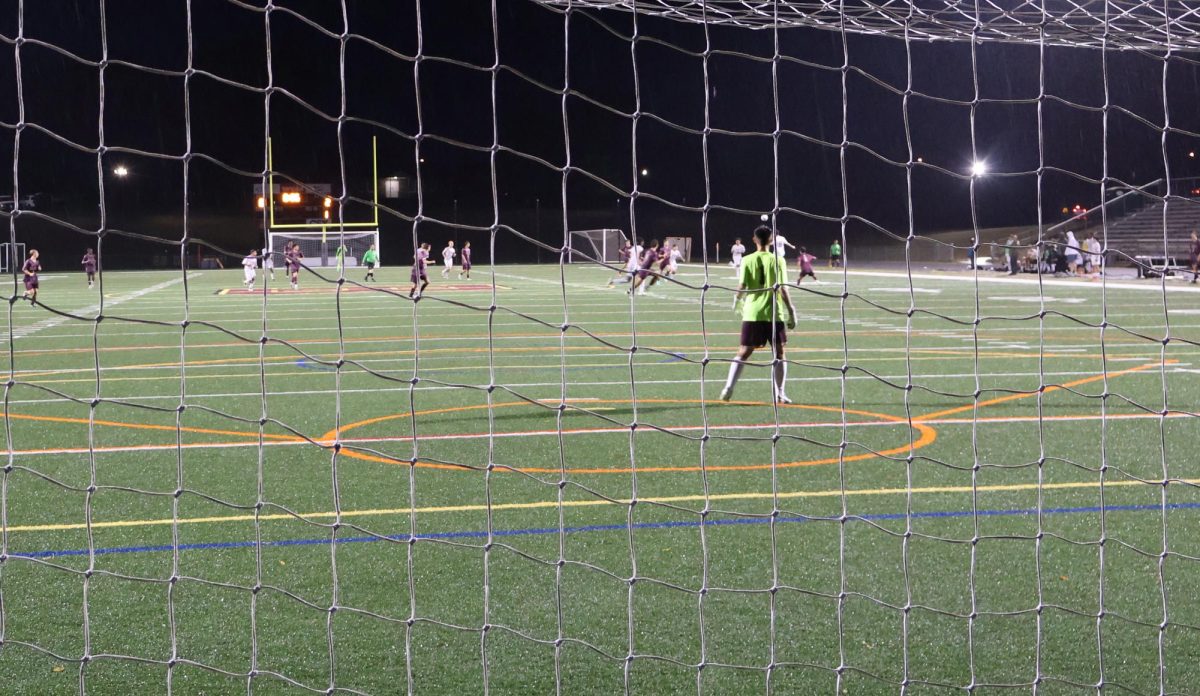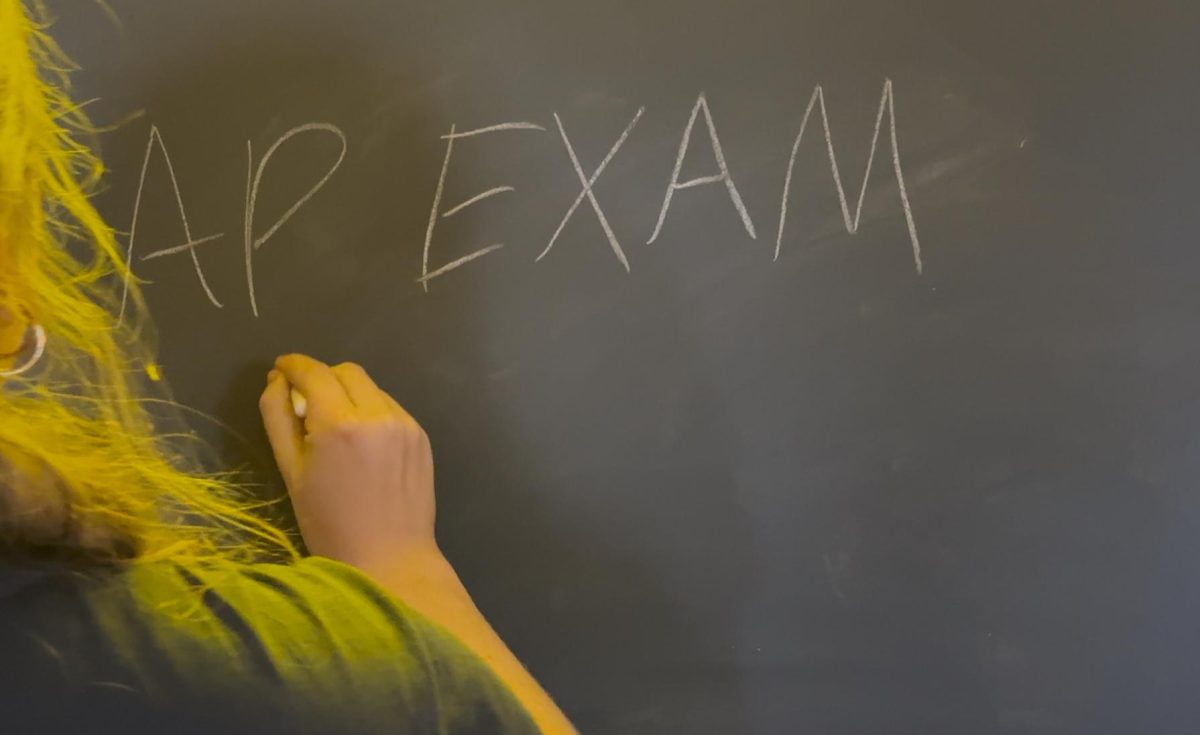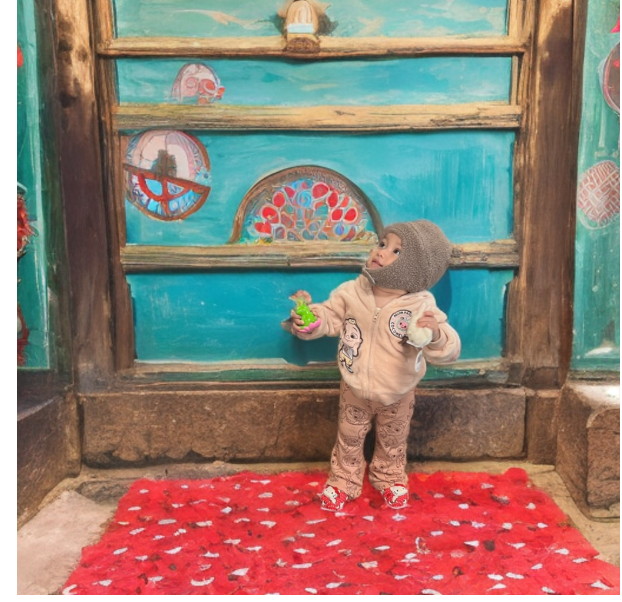Problems You Might Not Know Are Caused By ADHD
Common Issues With Common Disorders
Lets start with the common problems associated with ADHD…
- Excessive activity or restlessness
- Unable to focus
- Trouble listening
- Impulsivity
These are all pretty basic symptoms from ADHD… Even though ADHD is very common, there are more complex issues that underlie the main ones…
Behavior Problems:
- Oppositional Defiant Disorder (ODD): “Children with ODD occasionally act angry or defiant around adults or respond aggressively when they are upset. When these behaviors persist over time, or are severe, they can become a behavior disorder. Children with ADHD are more likely than other children to be diagnosed with a behavior disorder such as Oppositional Defiant Disorder or Conduct Disorder.”
Examples of ODD:
- Often losing their temper
- Arguing with adults or refusing to comply with adults’ rules or requests
- Often getting angry, being resentful, or wanting to hurt someone who they feel has hurt them or caused problems for them
- Deliberately annoying others; easily becoming annoyed with others
- Often blaming other people for their own mistakes or misbehavior
2. Similar to ODD, Conduct Disorder (CD) is diagnosed when the child shows “A behavioral pattern of aggression toward others, and serious violations of rules and social norms at home, in school and with peers.”
Examples of CD:
- Breaking serious rules, such as running away, staying out at night when told not to, or skipping school
- Being aggressive in a way that causes harm, such as bullying, fighting, or being cruel to animals
- Lying and stealing, or damaging other people’s property on purpose
Learning Disorders:
“Many children with ADHD also have a learning disorder (LD). This is in addition to other symptoms of ADHD, such as difficulties paying attention, staying on task, or being organized, which can also keep a child from doing well in school. Having a learning disorder means that a child has a clear difficulty in one or more areas of learning, even when their intelligence is not affected. Learning disorders include:”
- Dyslexia – difficulty with reading
- Dyscalculia – difficulty with math
- Dysgraphia – difficulty with writing
Anxiety and Depression:
With Anxiety, “Many children have fears and worries. However, when a child experiences so many fears and worries that they interfere with school, home, or play activities, it is an anxiety disorder. Children with ADHD are more likely than those without to develop an anxiety disorder.”
Examples of anxiety disorders:
- Separation anxiety – being very afraid when they are away from family
- Social anxiety – being very afraid of school and other places where they may meet people
- General anxiety – being very worried about the future and about bad things happening to them
Depression:
“Occasionally being sad or feeling hopeless is a part of every child’s life. When children feel persistent sadness and hopelessness, it can cause problems. Children with ADHD are more likely than children without ADHD to develop childhood depression. Children may be more likely to feel hopeless and sad when they can’t control their ADHD symptoms and the symptoms interfere with doing well at school or getting along with family and friends.”
Examples of behaviors with children and depression:
- Feeling sad or hopeless a lot of the time
- Not wanting to do things that are fun
- Having a hard time focusing
- Feeling worthless or useless
Peer Relationships:
“ADHD can make peer relationships or friendships very difficult. Having friends is important to children’s well-being and may be very important to their long-term development.”
“Although some children with ADHD have no trouble getting along with other children, others have difficulty in their relationships with their peers.”
Examples of problems with peer relationships:
- Might not have close friends
- Might be rejected by other children
“Children who have difficulty making friends might also more likely have anxiety, behavioral and mood disorders, substance abuse, or delinquency as teenagers.”
If you think your child has ADHD but isnt displaying the common behavioral traits, you should definitely look into the more complex problems.
Your donation will support the student journalists of Brunswick High School. Your contribution will allow us to purchase equipment. We're a small program with little resources. Our goal is to purchase some updated, and much needed, cameras for the program.


